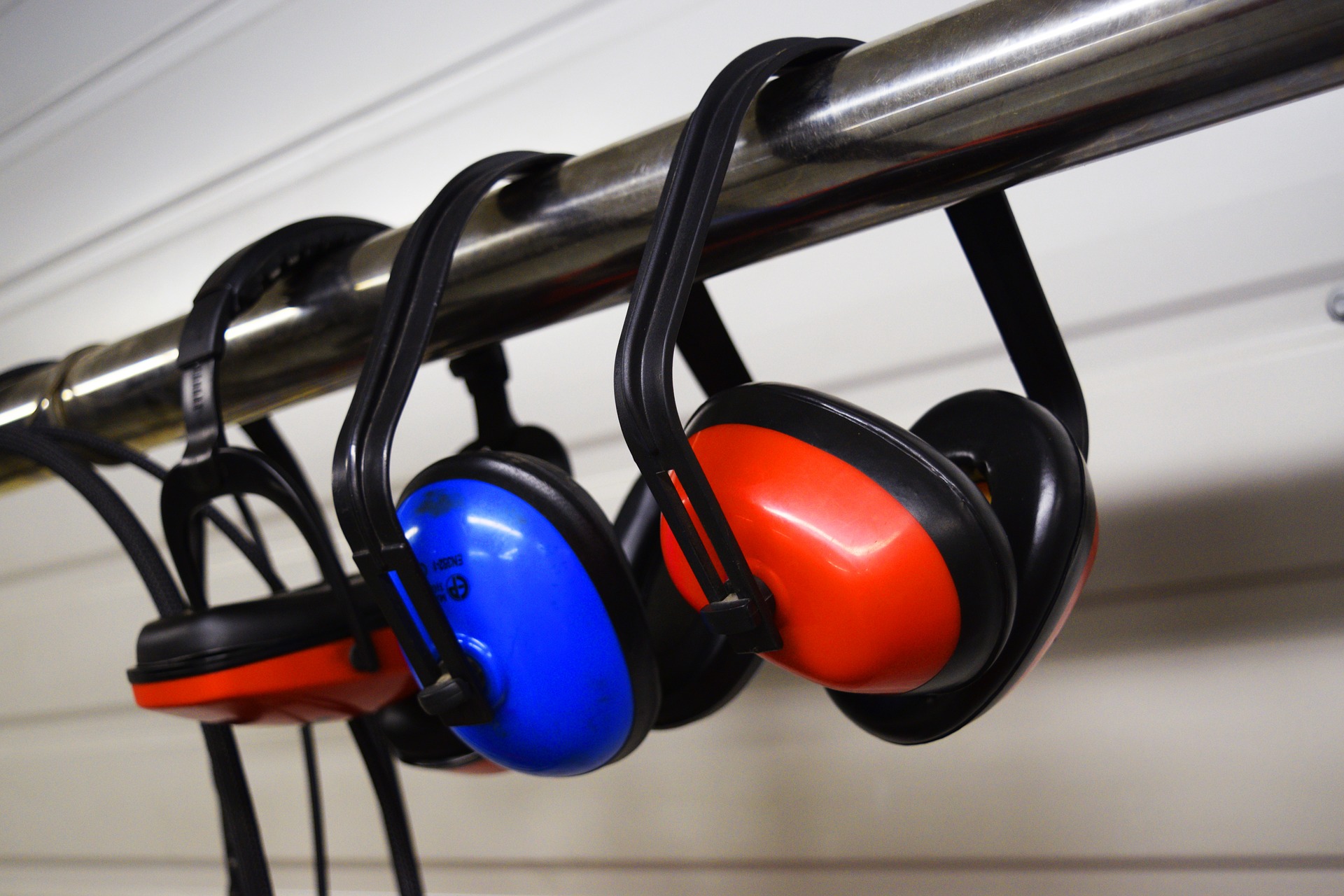Loud noise is the most common cause of hearing loss, but the lucky fact is that it’s preventable. The best way to protect your hearing is to limit your exposure to loud noises.
Table of Contents
What is noise-induced hearing loss?
Noise-induced hearing loss (NIHL) is hearing loss caused by either exposure to a loud impulse sound or prolonged exposure to high levels of noise.
Noise-Induced Hearing Loss occurs:
- Immediately
- Gradually over time
The Centers for Disease Control and Prevention estimates that 40 million US adults have noise-induced hearing loss.
Noises below 75 decibels (dB), are unlikely to cause hearing loss, but sounds above 85 dB and above can. Workplaces have rules about noise levels, but you need to keep a watch on them too.
Continue Reading: Noise-Induced Hearing Loss and Tinnitus >
How loud is too loud?
You’re probably exposing yourself to dangerous noise levels if:
- You need to shout to be heard by a person 1 meter from you.
- You’re listening to music through headphones and can’t hear traffic sounds or people talking near you.
One of the signs that your hearing is damaged is if your ears are ringing after an event or a day at work and if that occurs often.
Noise-induced hearing loss Prevention
Fortunately, noise-induced hearing loss can be prevented. Preventing noise-induced hearing loss requires you to do three things:
- Know what sounds are too loud (anything above 85 dB).
- Avoid loud sounds or limit your exposure to them.
- Wear hearing protection when you can’t avoid loud noises.
Continue Reading: Hearing Loss Symptoms, Causes, and Prevention >
Signs that you may have Hearing Loss
1. People near you seem to be mumbling
When you have hearing loss, it limits your ability to hear certain sounds and this means that rather than hearing complete words and sentences, you may hear a muddling of incomplete noises.
It may be more noticeable when talking with women or children, whose voices are softer and higher-pitched.
2. You can’t hear other people in places with noisy settings
When you suffer from hearing loss, background noises, such as clanking dishes and other conversations, tend to make it extremely difficult to focus on an individual voice and to hold a conversation, same in other noisy settings, such as parties, cafes, or outdoors.
3. Conversations are harder
When you have trouble hearing, it takes a greater cognitive effort to hear, and this can leave you feeling mentally fatigued. Exhaustion may be exacerbated on days when you need to concentrate, such as at conferences or ceremonies.
4. You can’t hear on the telephone
Phone conversations, particularly on our mobile devices can be tricky for all of us. Poor reception and background noise sometimes make it necessary to fill in gaps in the conversation. When you have normal hearing, you may find it challenging, but with hearing loss, it is even harder.
5. Watching television is hard
Dialogue is difficult to make out, while background noises or commercials are intolerably loud. Scenes, where actors face away from the screen or whisper, may be impossible to make sense of without closed captions. You may find that you turn up the volume so loudly that people complain in the next room.
Tips to help protect your hearing
The best way to help protect your hearing is to use hearing protection around loud sounds. Earplugs are a solution to reduce sound levels.
Additional tips are:
- Turn the volume down on the TV, and radio. When listening to loud sounds(music, concerts, fitness classes…), take breaks from the noise.
- Avoid loud or noisy activities when possible.
- Limit your time exposed to loud sounds, and move away from the loudest sound source.
- Give your ears time to recover after being exposed to loud noises.
- Do not put anything in your ear! This includes cotton swabs, bobby pins, keys, paperclips, or anything else you might use to clean or scratch your ears.
- Exercise keeps the blood pumping throughout the body, including the ears. This keeps the internal parts of the ears healthy.
- Get your hearing tested, especially if you experience a change in your hearing.
Hearing Loss Workers Compensation Benefits
The Workers Compensation Program was established in 1911 to encourage employers to make the workplace safer by requiring safety programs and the use of safety devices.
Since 1911, there have been over 2.5 million workers’ compensation claims filed. Hearing loss workers compensation claims now rank #3 in the number of occupational disease claims filed.
Hearing loss workers’ compensation benefits are largely undiscovered benefits covering hearing health care, which is often uninsured. Many health insurance policies and programs like Medicare do not cover hearing aid purchases but workers’ compensation can. It also pays for the disability of hearing loss just as it does for the loss of eyesight or other injuries.
Aging populations, advances in technology, and greater sensitivity to hearing loss are bringing more attention to financing hearing health care. For the most part, those who qualify for hearing loss workers’ compensation benefits are retired hearing-impaired workers who live on fixed incomes.
Always feel free to ask Johnson Law Offices about the process, the law, or an individual case. The legal, medical, and audio-metric questions that come into play in a hearing loss workers compensation claim can be complicated.
The claims require attention to detail mixed with an ability to work well with hearing-impaired retirees and their families, especially spouses, and their hearing health care professionals.
Sources
- https://www.hearinglife.ca/hearing-loss/your-hearing/preventing-hearing-loss
- https://www.healthdirect.gov.au/hearing-loss-prevention
- https://www.rehab.research.va.gov/jour/05/42/4suppl2/pdf/fausti.pdf
- https://www.ncbi.nlm.nih.gov/pmc/articles/PMC2092493/
Contact Us
If you, or anyone you know, worked in noise and suffers from hearing loss, please do not hesitate to contact us.
Contact Us


